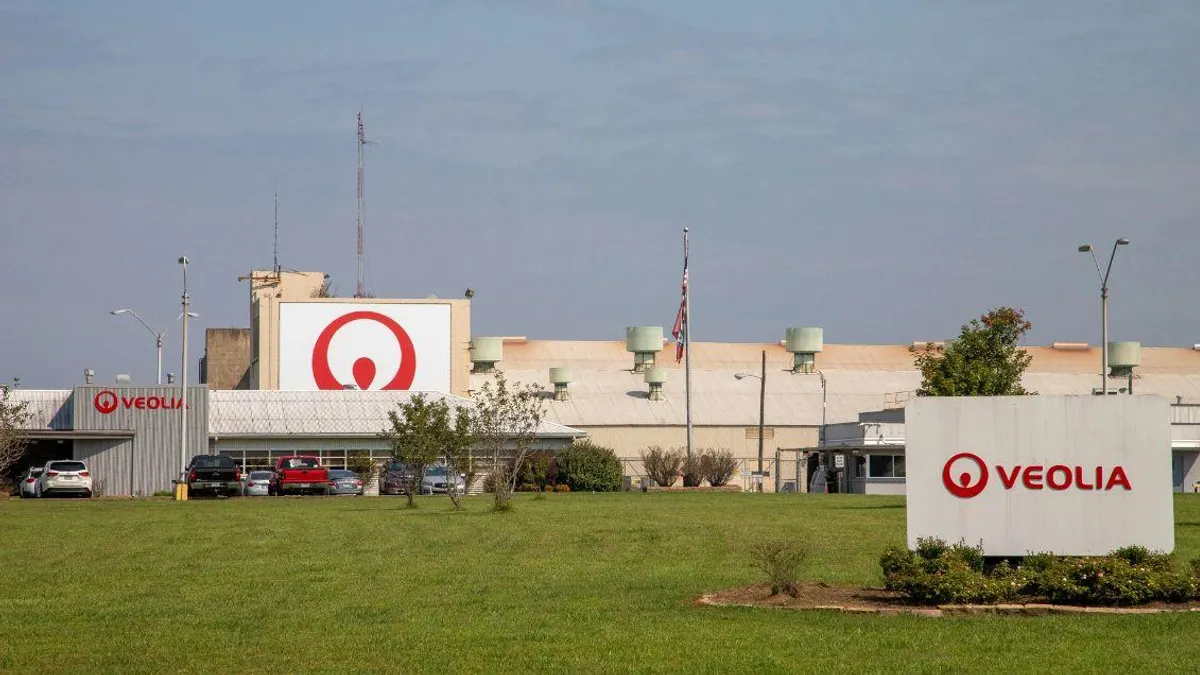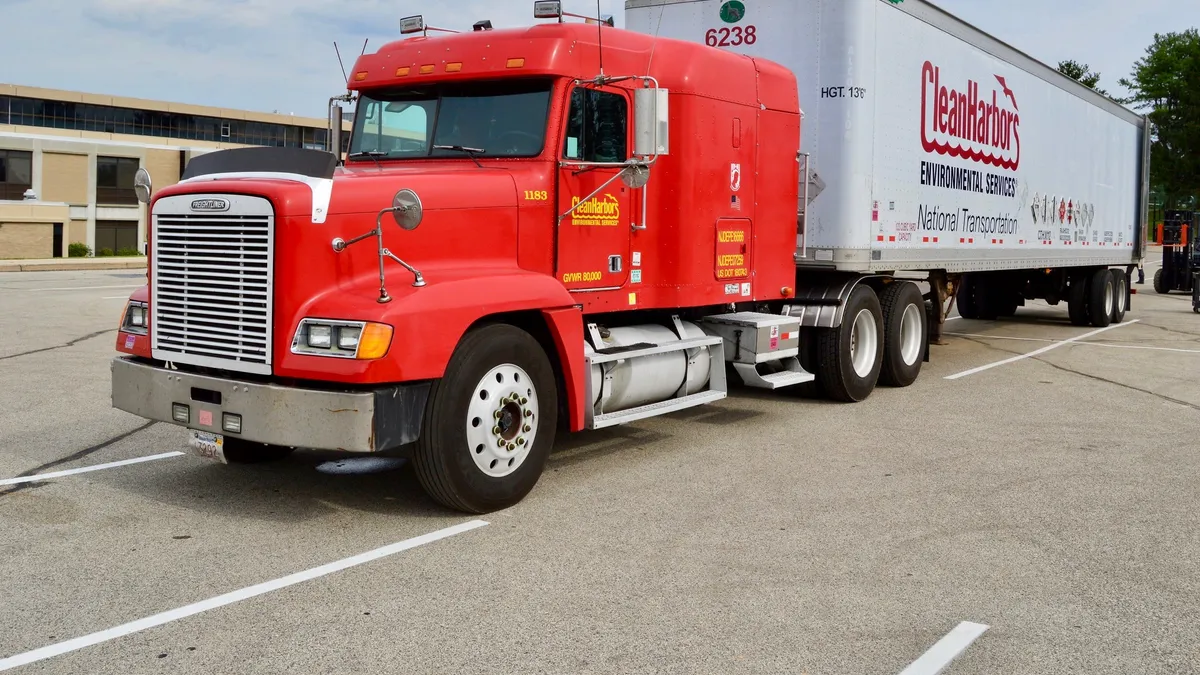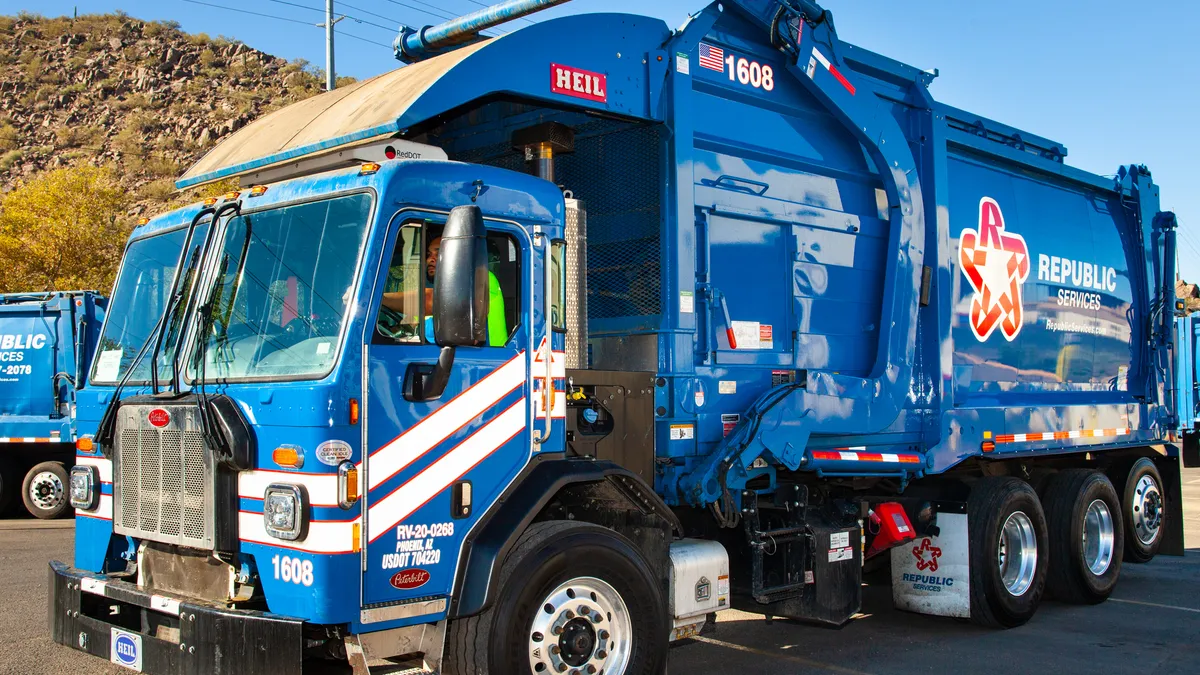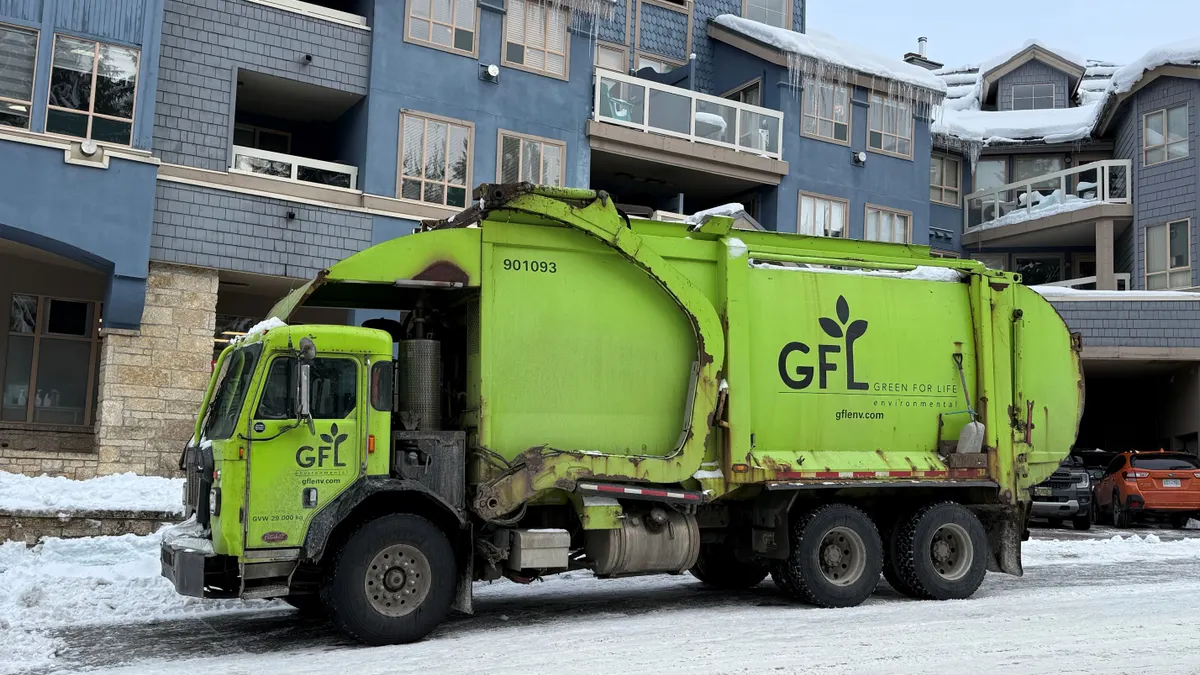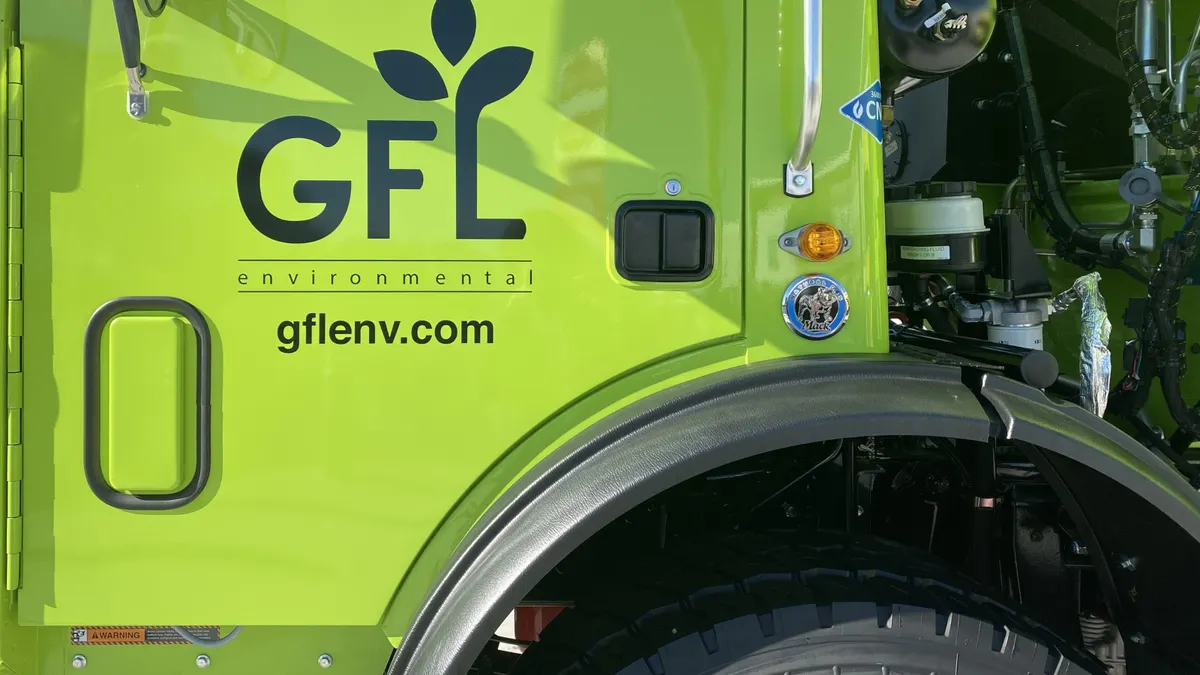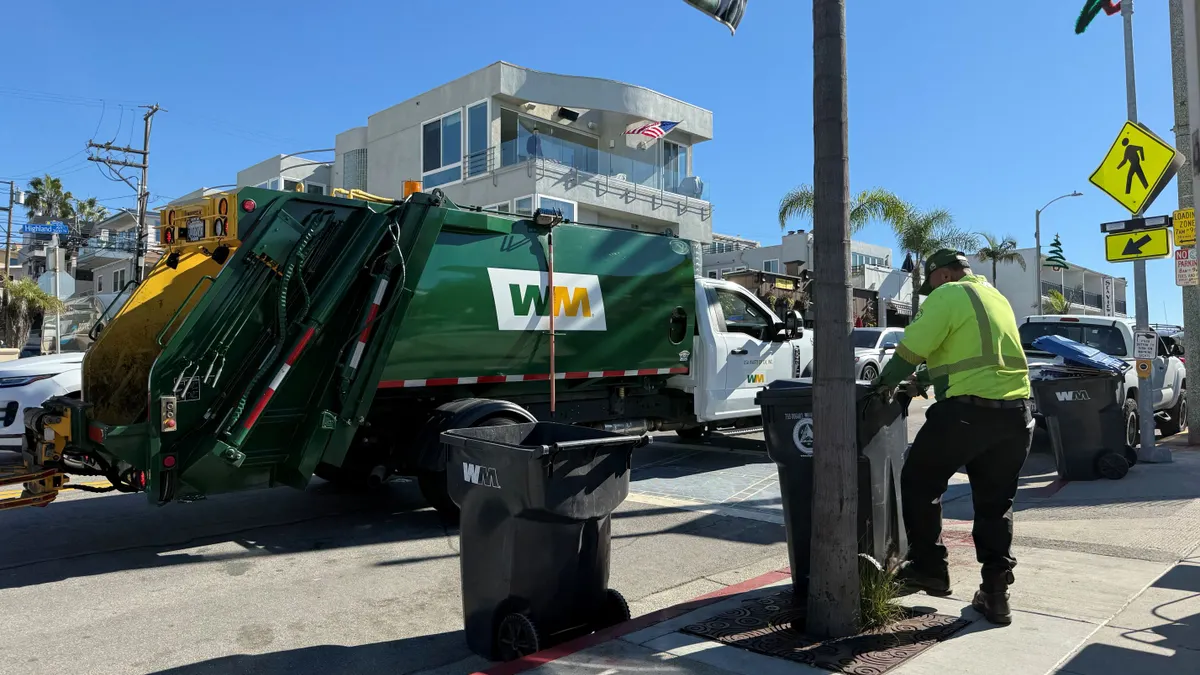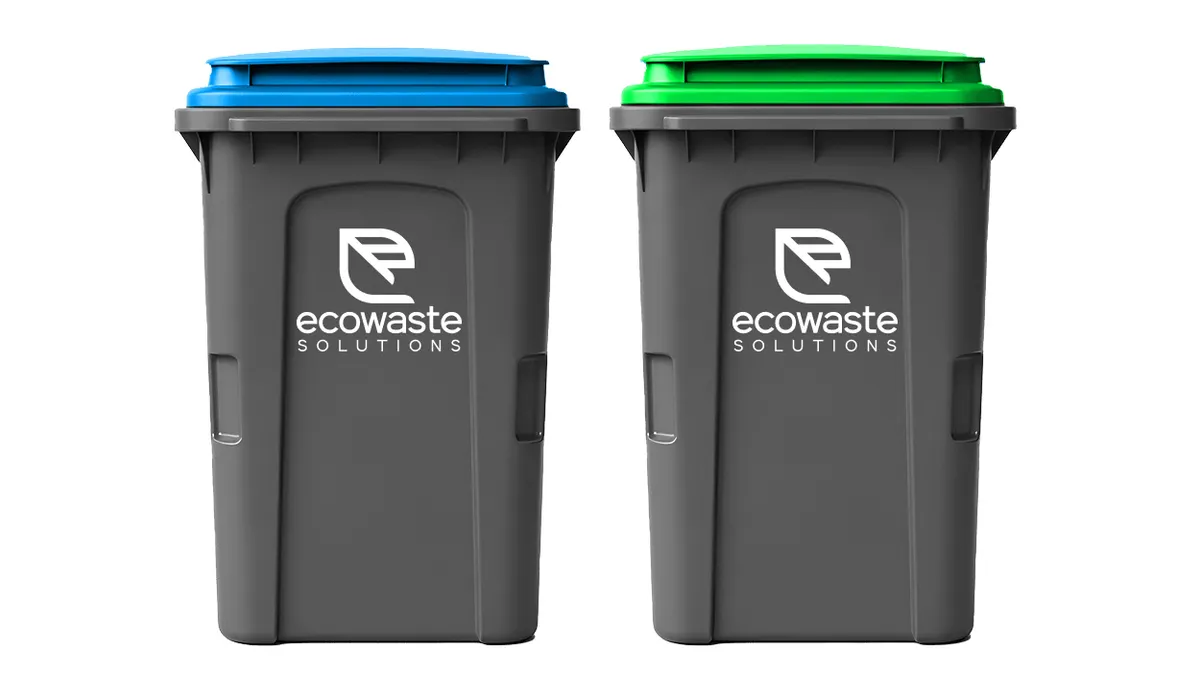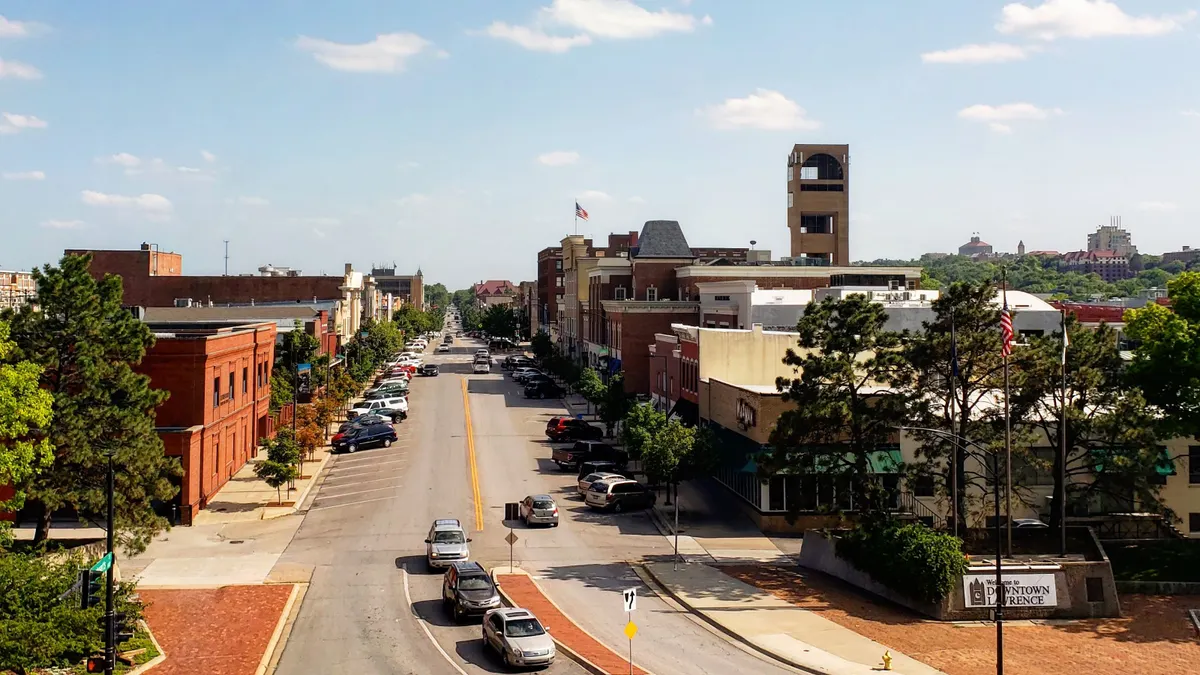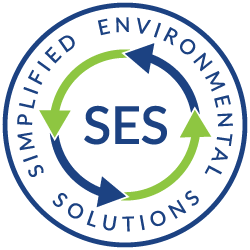Enviri will sell its Clean Earth environmental services business to Veolia for $3.04 billion, the companies announced Friday.
Enviri also announced it will spin off its Harsco Environmental and Rail businesses into a new, publicly traded company.
Veolia says the deal will double its U.S. hazardous waste footprint and strengthen its presence in healthcare and retail, “allowing it to offer a full range of environmental services on a nationwide basis,” the company stated. Clean Earth has 82 locations, including 19 U.S. EPA-permitted treatment, storage and disposal facilities and over 700 operating permits across the country, Veolia said.
The deal is expected to close mid-2026, subject to regulatory approval, Enviri shareholder approval and the completion of the Enviri spin-off transaction.
“Over the past five years, Enviri has significantly enhanced the value proposition of Clean Earth, making it a trusted provider of industrial waste solutions with a strong customer base,” said Enviri Chairman and CEO Nick Grasberger in a statement.
Russell Hochman, who has served numerous roles with Enviri, including senior vice president, general counsel and chief compliance officer, will become CEO of the new Enviri spinoff. He has also been named president and COO of Enviri through the duration of the deal.
Grasberger will stay at Enviri through the completion of the Clean Earth sale and will help with the Enviri transition. The company will announce the board of the new Enviri spinoff in the future.
Veolia considers Clean Earth “a prime asset in the U.S. hazardous waste sector” and sees the Clean Earth portfolio as “highly complementary to Veolia’s.” It estimates the deal will create about $120 million of synergies by its fourth year. Veolia also highlighted expected operational efficiencies from the deal “due to enhanced logistics and expanded treatment capabilities and technologies, including PFAS treatment and new contaminants.”
The deal is also poised to help Veolia to further develop its business in the Southeast and Pacific Northwest, areas it says are currently underserved. U.S. economic factors such as increased reshoring production and investments in advanced manufacturing, semiconductors, clean-energy production, healthcare and pharmaceuticals have helped boost its U.S. presence.
Enviri initially acquired Clean Earth for $625 million in 2019, and soon after acquired Stericycle’s Environmental Solutions business for $462.5 million. But Enviri later noted in its annual report that Clean Earth operates in “a very fragmented, regionally-driven market,” leaving room for growth.
Enviri sees the deal as a way to strengthen its balance sheet for its Harsco Environmental and Harsco Rail segments once it spins off into the new company. With the Veolia deal, Enviri plans to repay about $1.35 billion of existing debt. This will leave the new company with a “conservatively capitalized” net debt to adjusted earnings before interest, depreciation and amortization of about 2x, as well as an undrawn revolving credit facility and a “significant” amount of cash on its balance sheet.
That includes setting aside some of that money to support the Harsco Rail’s engineered-to-order contracts in Europe, said CFO Tom Vadaketh during a Friday call announcing the deal. The company has been working through cost overruns related to these contracts.
“While we've made significant progress on these contracts, risk remains, and we are evaluating what would be required to protect against this risk,” he said.
“We remain laser focused on continuing to take actions to stabilize Harsco Rail while leveraging innovation and service capabilities to support Harsco Environmental’s leadership and growth,” Grasberger stated.
The company had originally intended to sell its Harsco Rail business, but announced in August that it instead planned to sell Clean Earth following a strategic review. Harsco Rail has in the past hampered the company’s earnings due in part to unfavorable contracts, the company said.
Harsco Environmental provides onsite environmental services and material processing for the metals industry, and that segment has experienced weakened demand for services due in part to a downturn in the global steel market. During a Q3 earnings call earlier this month, Grasberger noted that upcoming policy changes in the European Union to raise tariffs on imported steel and lower quotas may help the business next year.
This marks the largest deal for Veolia since its 2022 acquisition of Suez, which included a range of assets in North America. The company’s acquisition spending in the U.S. has been relatively muted for waste assets in the years since, aside from a small 2023 deal in Michigan, but that began to change as it completed four deals throughout 2025.
The most notable was the June purchase of California-based Ingenium, which operates eight 10-day transfer stations in multiple states and employed an estimated 160 people. Other deals included Massachusetts-based New England Disposal Technologies and New England MedWaste, as well as Texas-based Chameleon Industries.
Veolia North America largely exited the MSW market by selling its U.S. assets to Advanced Disposal Services in 2012, but the company has also seen recent business gains in that area. Examples include the award of an operating contract for a mass burn combustion facility in Vancouver and multiple anaerobic digestion facilities in Toronto.
But hazardous waste and environmental services remain the primary focus for the North American division of the France-based company. Global CEO Estelle Brachlianoff launched a multiyear strategic plan in 2024, known as GreenUp, that envisions 50% revenue growth in the U.S. by 2027. This includes investments such as a new PFAS treatment plant in Delaware as well as an upcoming hazardous waste incinerator in Arkansas.
Veolia had already finalized an agreement with Clean Earth in 2024 to guarantee capacity at that incinerator, followed by a similar deal with Tradebe Environmental Services.
Boston-based Veolia North America recently announced that Nadège Petit would become its new CEO, effective Dec. 1. Petit previously served as chief innovation officer at Schneider Electric.
Veolia projects that its U.S. business will generate pro forma revenue of $6.3 billion once combined with Clean Earth, based on 2025 results.




